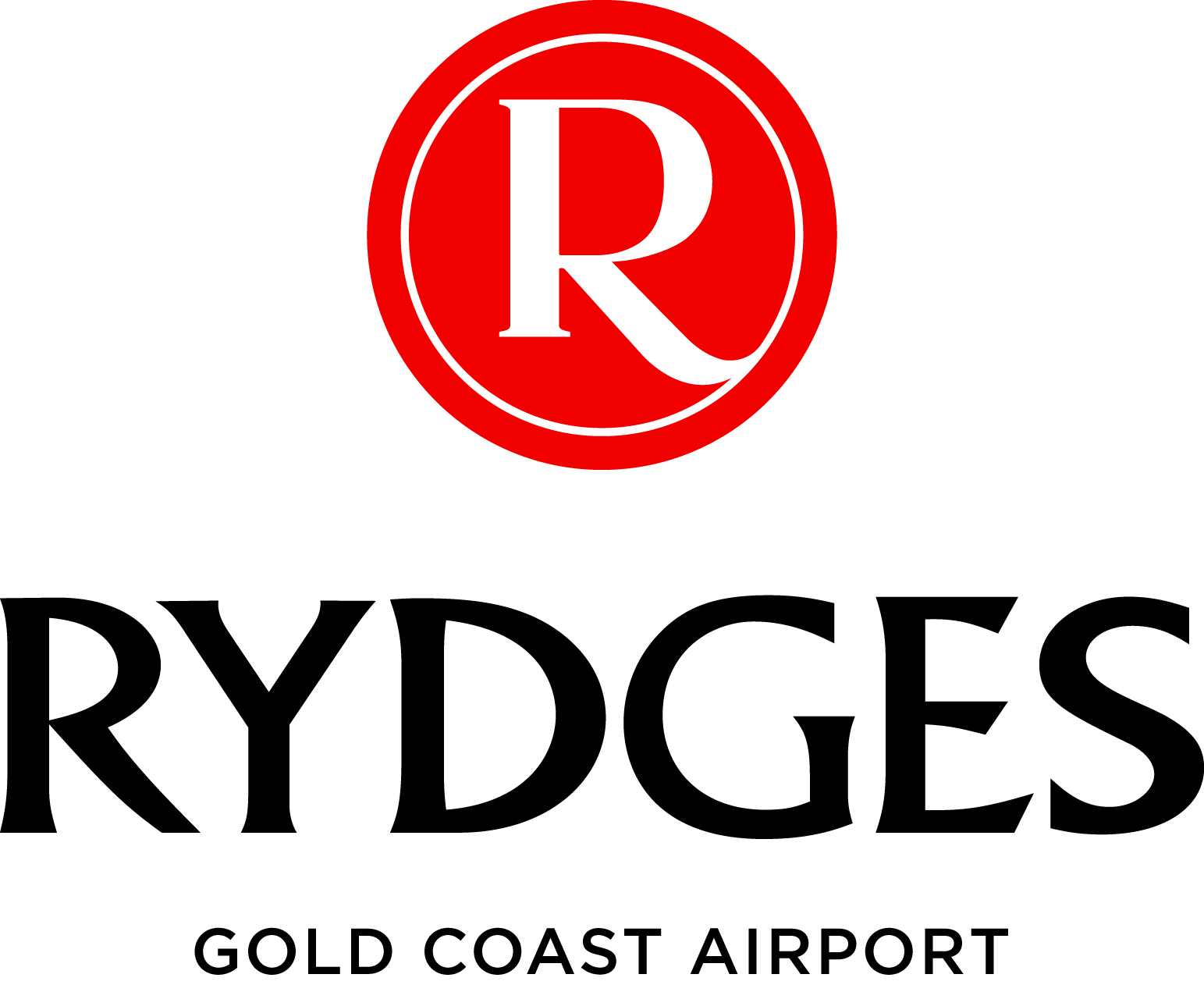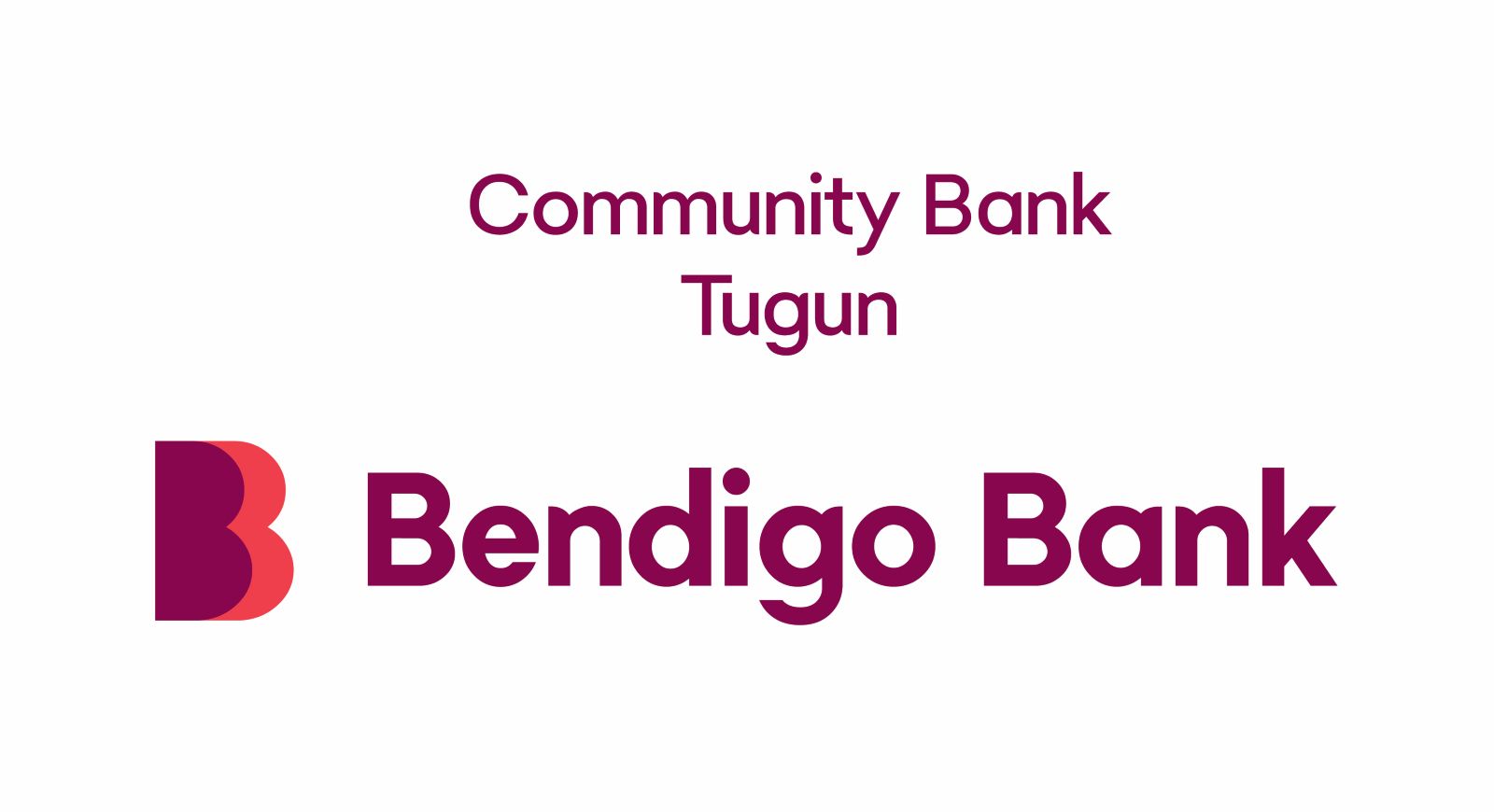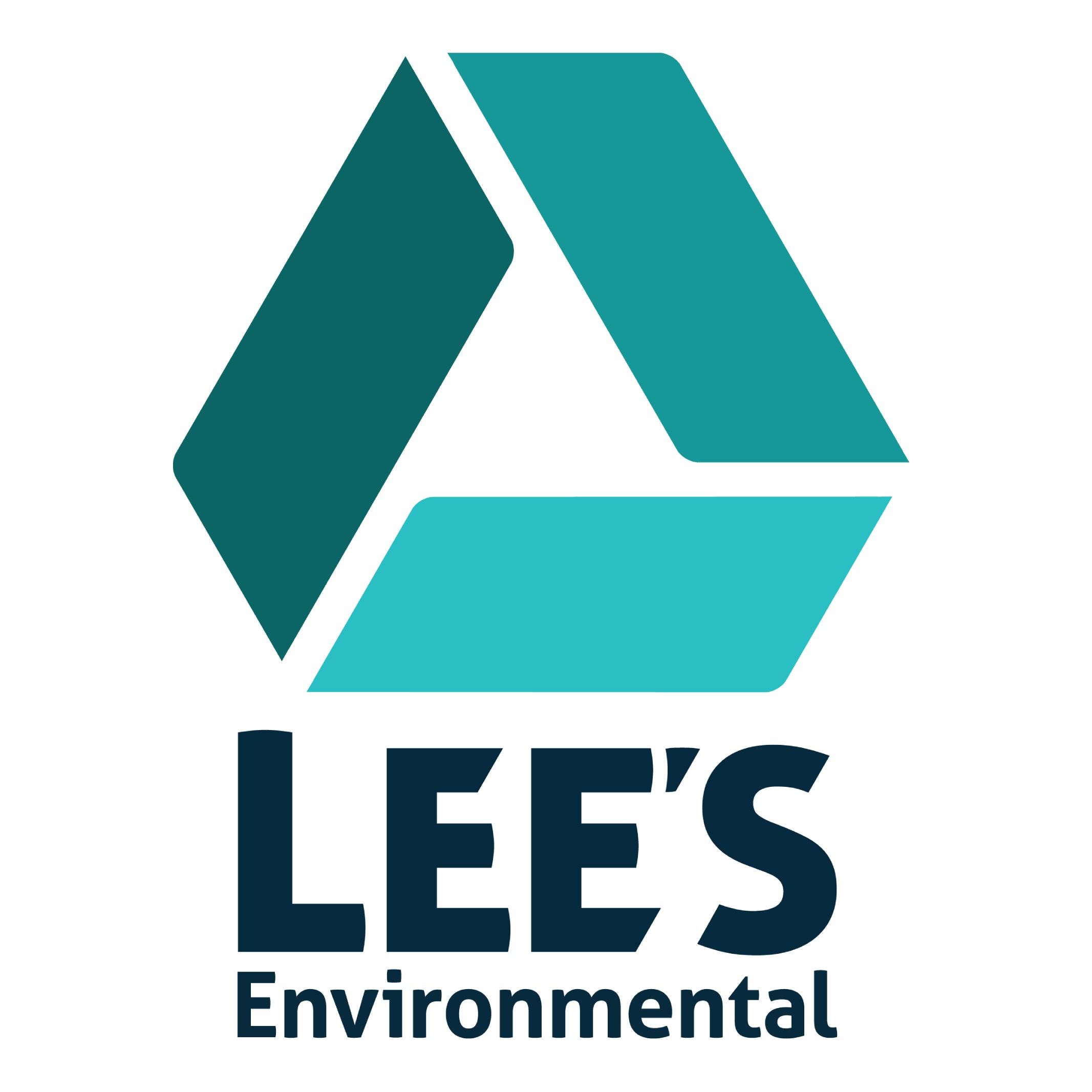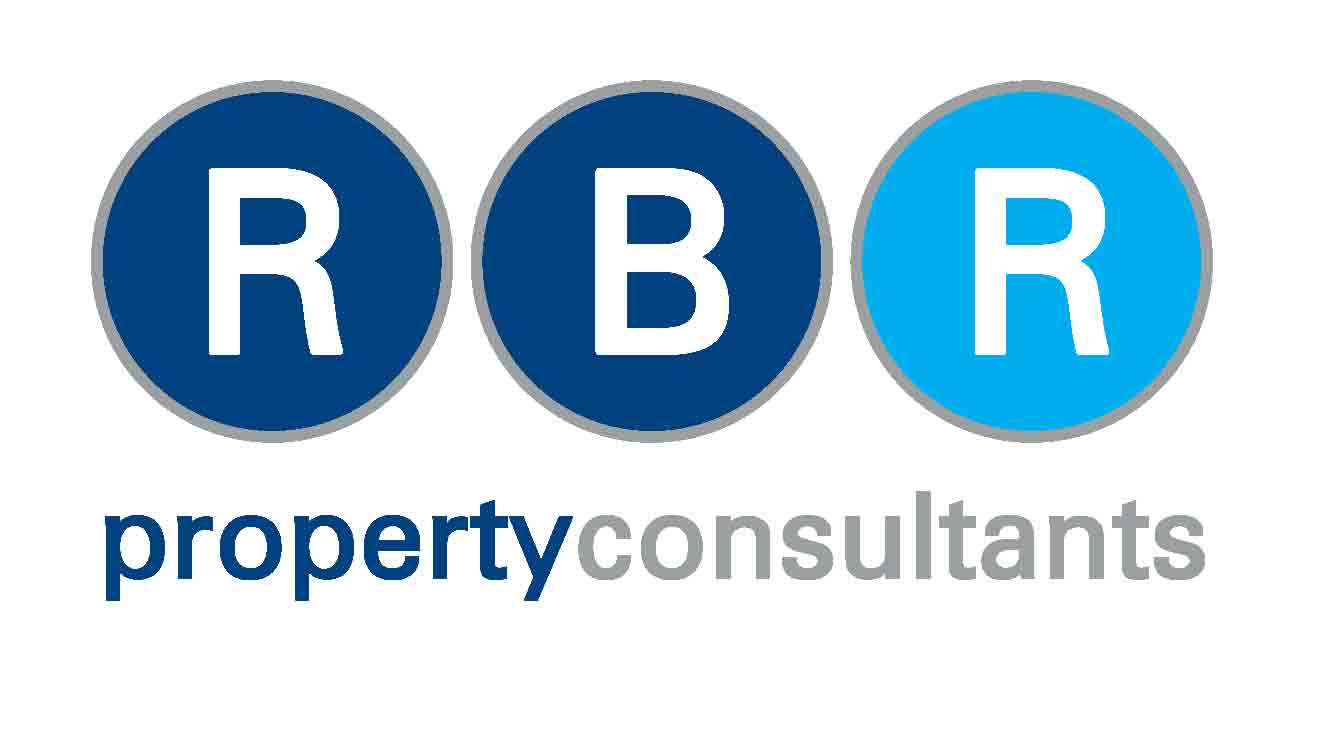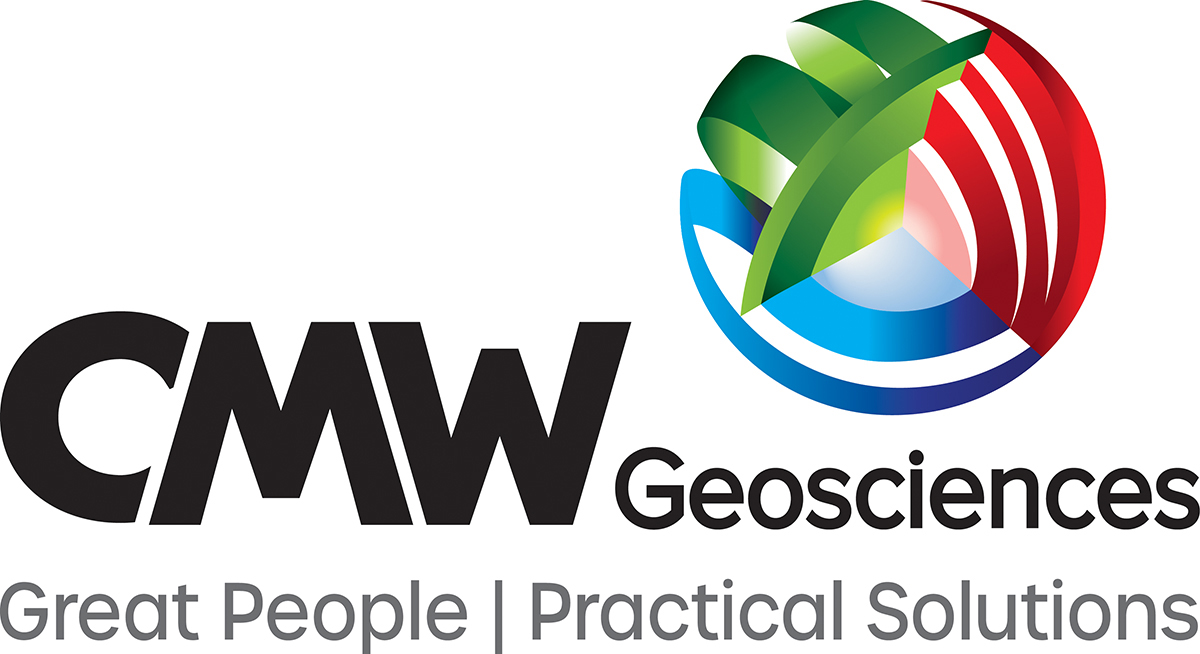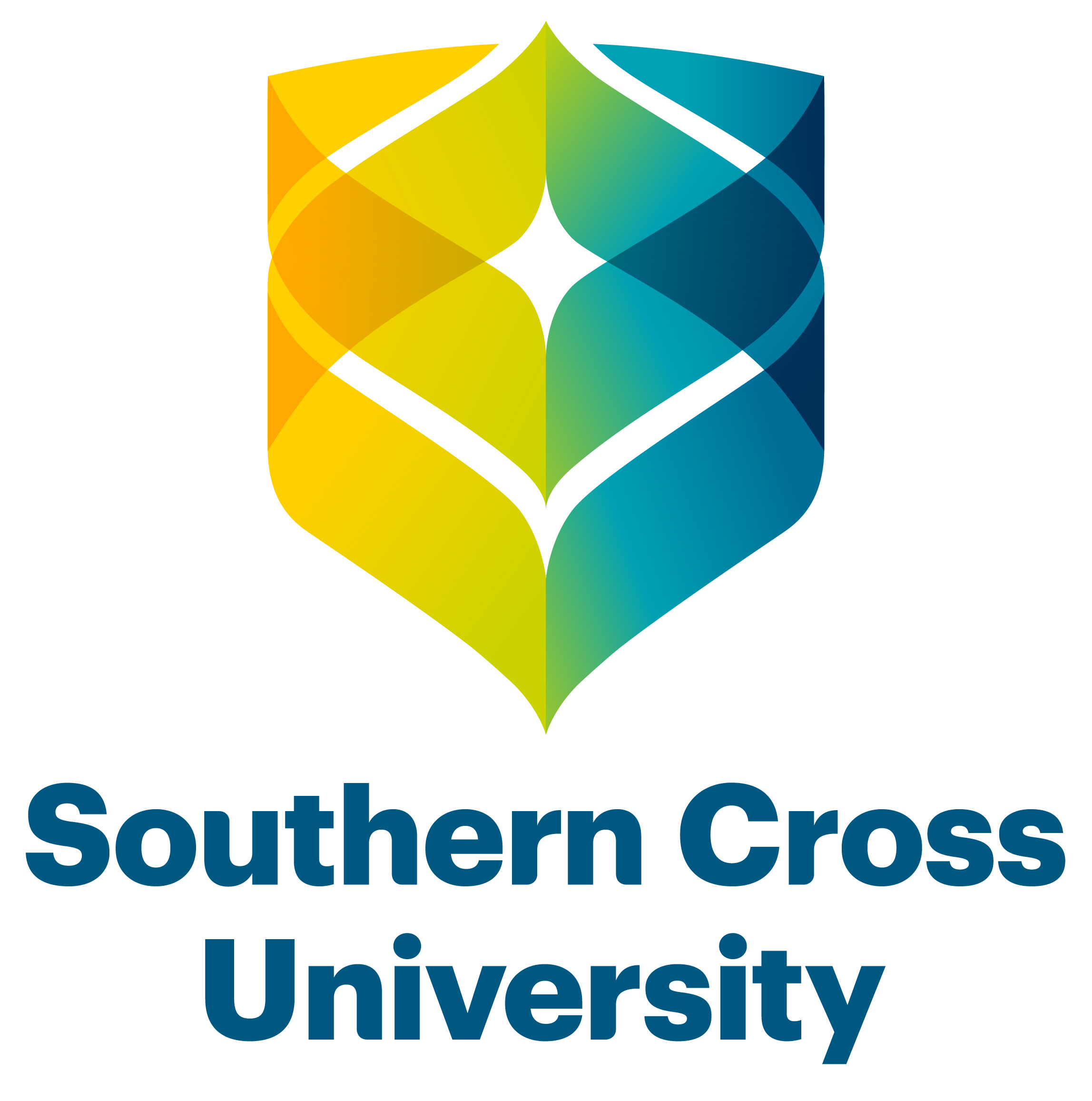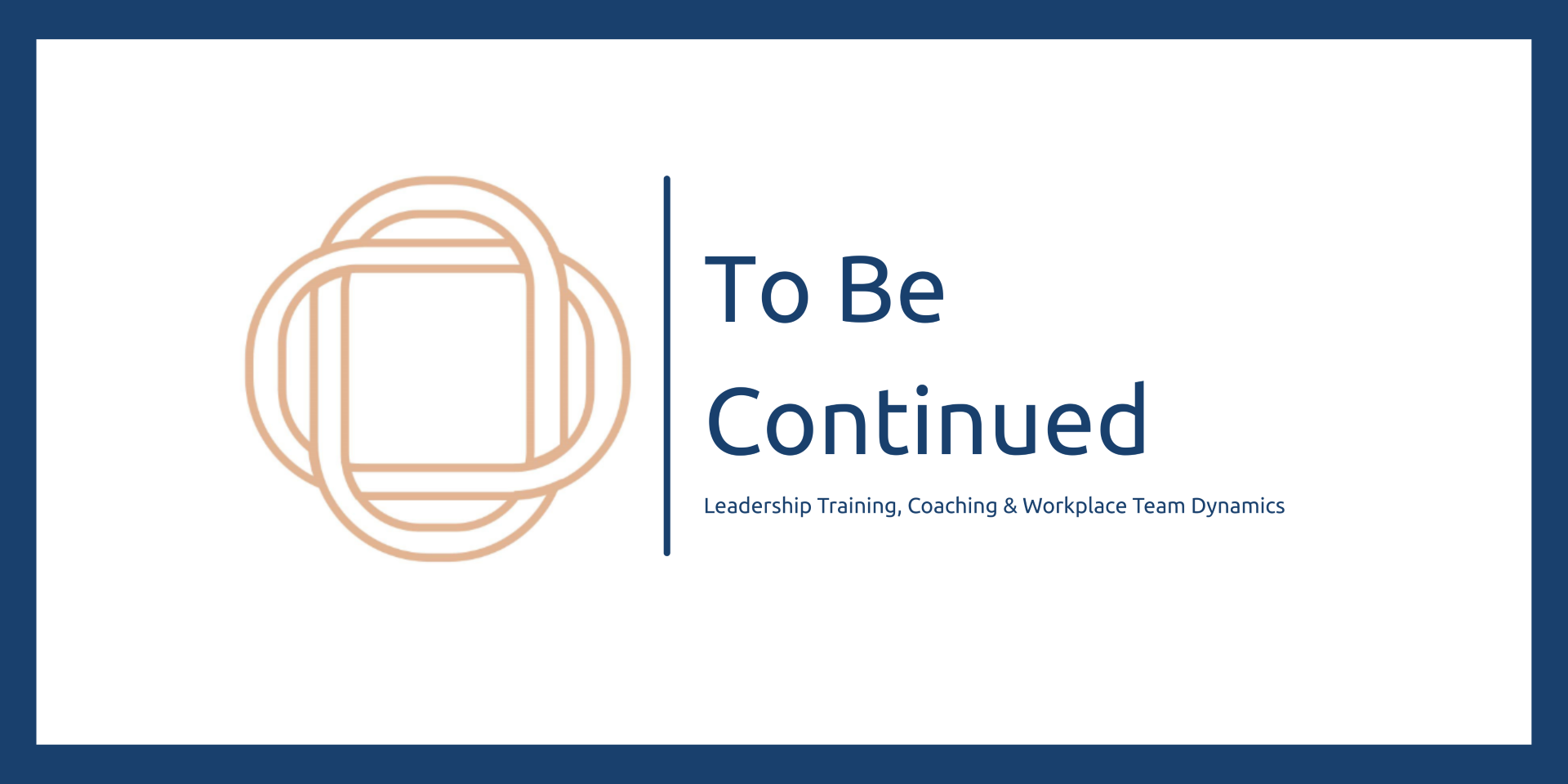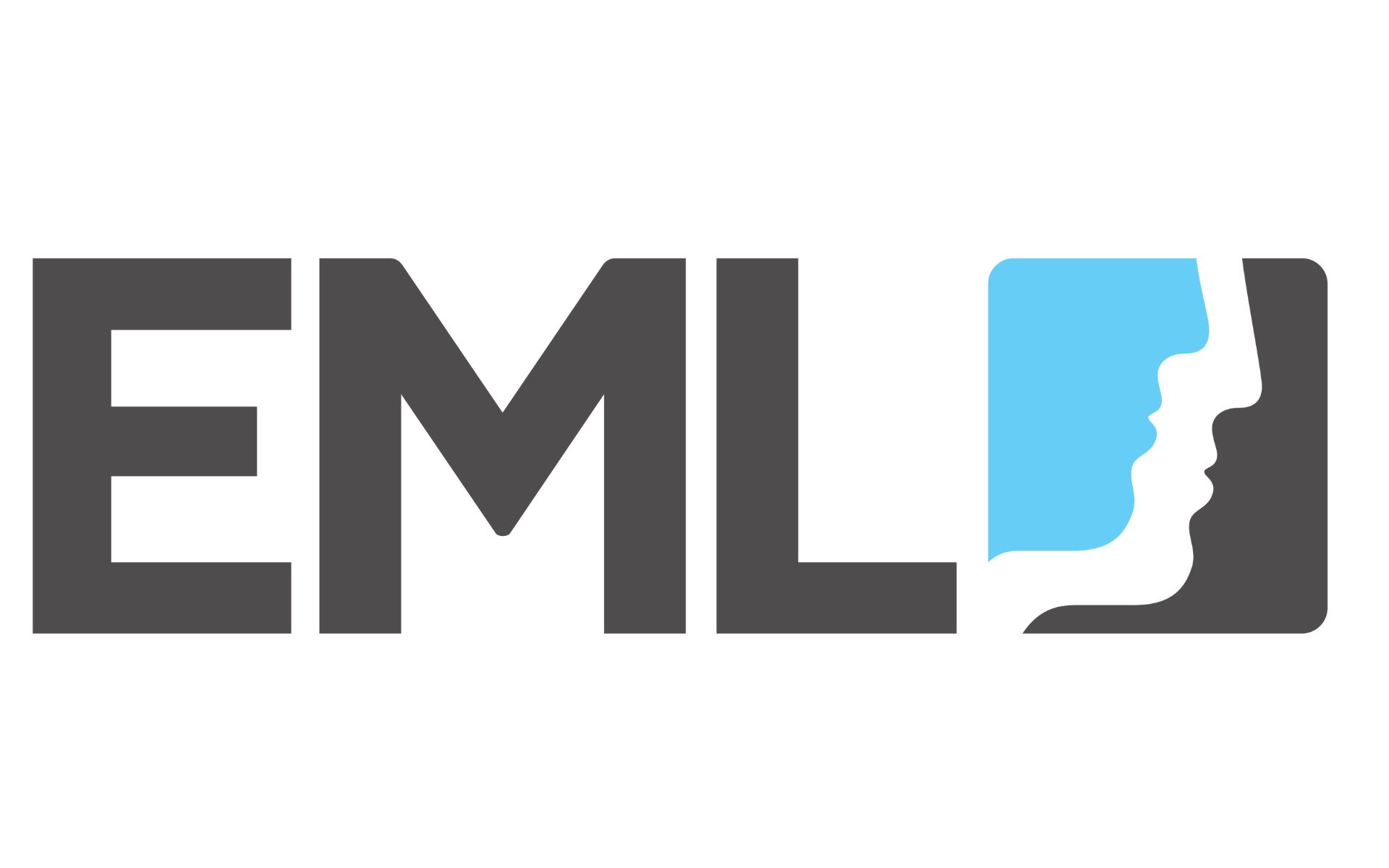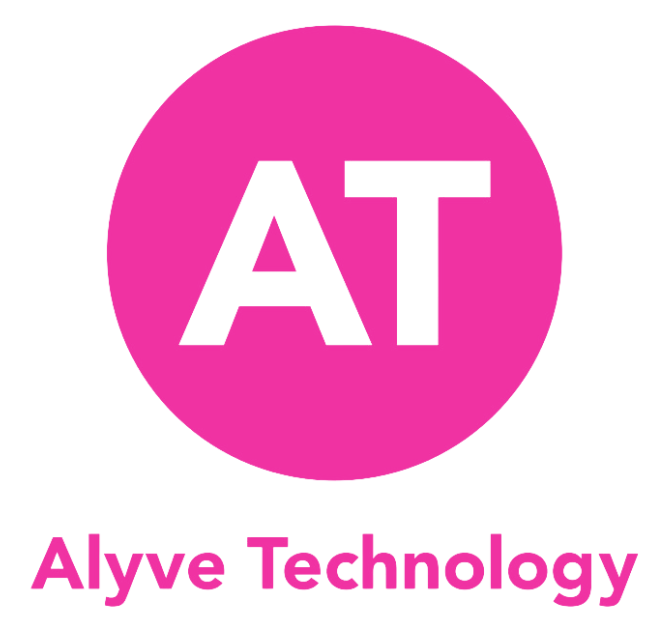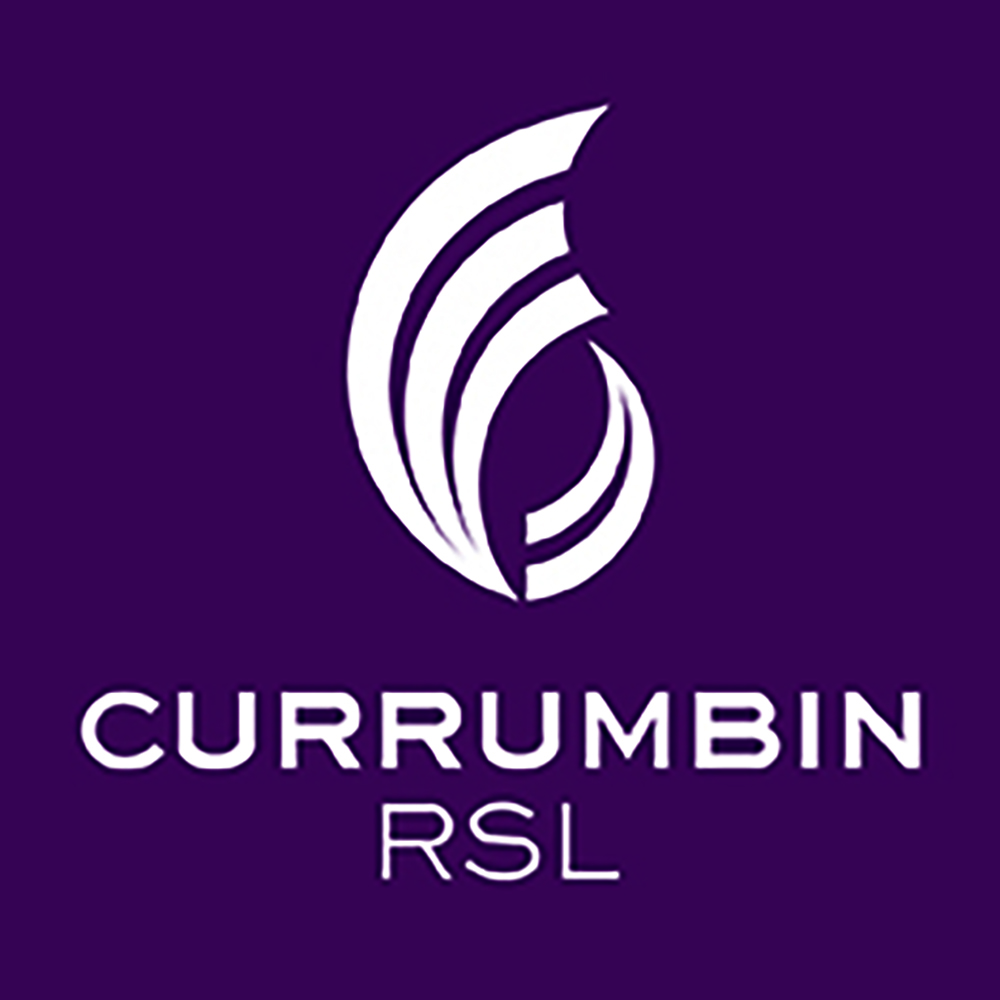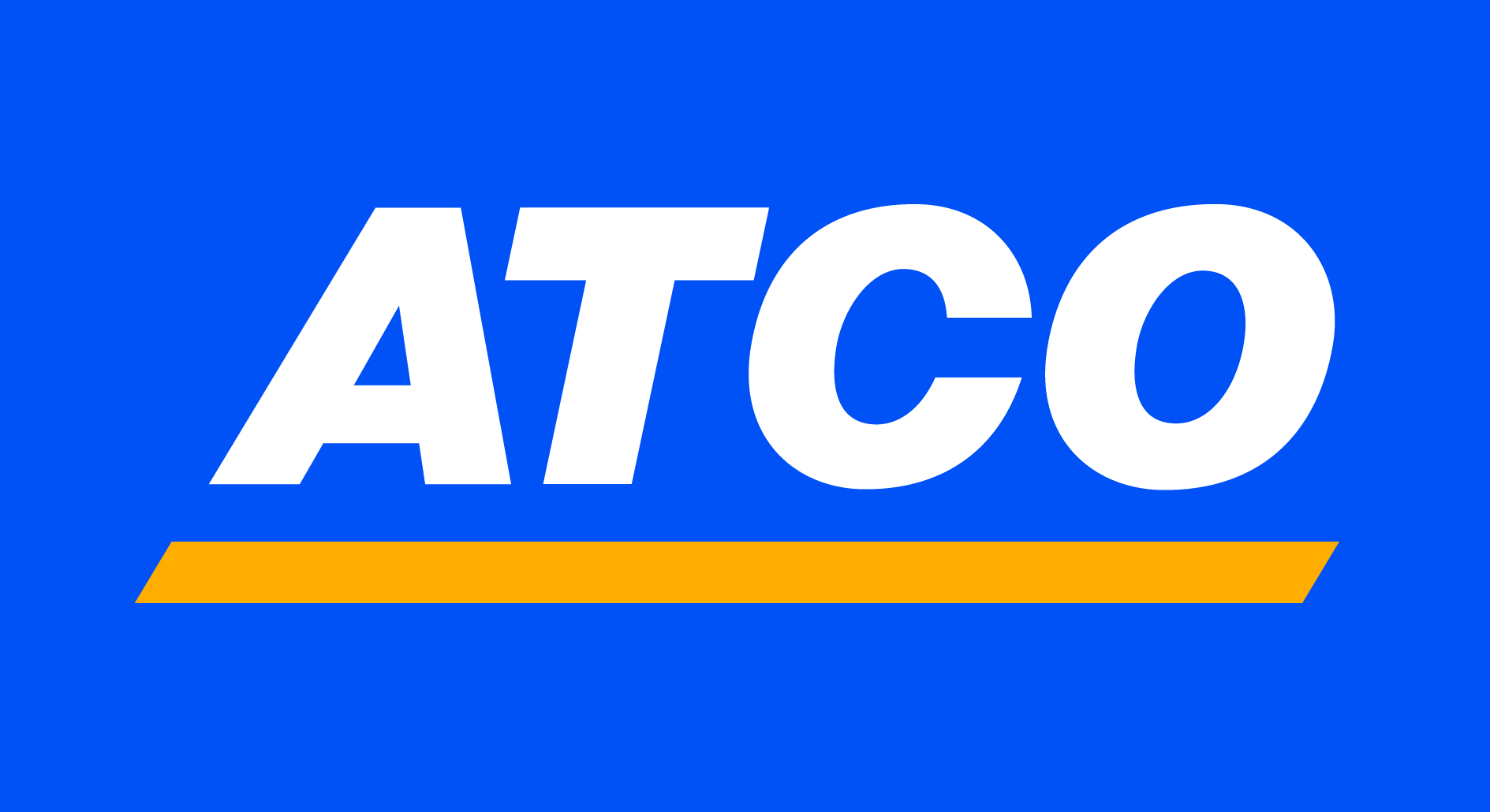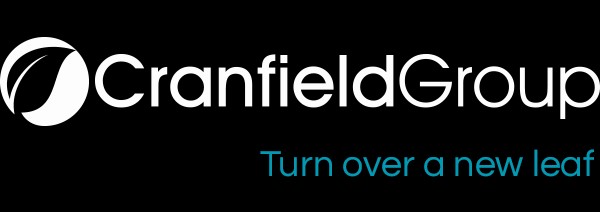Your Visa to Success this Financial year
A new financial year is the harbinger of change for business - and the migration system provides no exception to this rule.
To help you navigate the constantly shifting waters of migration, we’ve put together some of the headline changes in one place (along with some critical tips) to help you navigate migration matters with your workforce.
What’s changing?
Along with the usual increase in visa application charges, there are some key changes that Southern Gold Coast businesses need to be aware of:
- For those who currently employ employer sponsored visa holders (or are considering doing so), the Temporary Skilled Migration Threshold (TSMIT) has now increased from $70,000 per annum to $73,150 per annum.
- Those who hold a Temporary Skill Shortage Visa subclass 482 or Skilled Employer Sponsored Regional Visa subclass 494 can now cease working for their approved sponsor for up to 180 consecutive days (and no more than 365 days throughout their entire visa period) without breaching their work conditions – and they can work for any other employer during that cessation period (which is helpful in circumstances when transitioning between sponsoring employers).
- The Business Innovation and Investment Program is now closed to all new applications, but there are pathways for existing visa holders to renew their visas or progress to permanent residency.
- The Federal Government is trialling a new “Workplace Justice Visa” to provide victims of worker exploitation an opportunity to remain in Australia while pursuing formal claims before authorities – watch this space for more information!
Tips for navigating migration matters
Check twice, cut once
The old saying “check twice, cut once” is key when managing migration matters in your workforce - especially when your making sure that you are employing visa holders in compliance with their visa conditions.
For example, international students are a key workforce sector on the Gold Coast, but the vast majority are only able to work 24 hours per week per their conditions, whilst Working Holiday makers are only allowed to be with an individual employer for up to 6 months before having to seek new work arrangements.
Regardless of the visa, it always pays to check what work rights (or sometimes, lack of work rights) a person has!
An easy way to do this is to register with the Department of Home Affairs to access the Visa Entitlement Verification Online system (search “VEVO Home Affairs” on Google) where you can check a person’s visa entitlements – noting that your employees can download an app version of this to have on their phone at all times!
Start sooner rather than later
If you are thinking about sponsoring someone for a visa, start the process sooner rather than later.
Some visa processes demand that certain steps be started or completed before any application can be lodged with the Department of Home Affairs – a common example is the Temporary Skill Shortage Visa subclass 482 which requires businesses to undertake 28 days of mandatory labour market testing in most cases. In other cases your employee may need to undertake English tests, commence a skills assessment, or acquire important documents before approach the Department.
Doing things at the last minute not only increases everyone’s stress (and the potential costs), but it may also severely limit your and your employee’s options if certain steps can’t be taken before visa expiries or other key deadlines.
Seek out professional help
Although there is nothing stopping you from taking on a visa application process yourself, give thought to using a registered migration agent or legal practitioner experienced in migration matters to help you with your visa process.
Although a particular visa opportunity may not seem viable at first glance, closer examination of legislation and policy may reveal a way forward - other times what may seem commonsense may in fact be fraught with danger.
Getting professional immigration assistance can be the difference between approval and refusal, and can help relieve you and your team of the time cost associated with compiling and preparing an application and all the relevant documents needed.
Where to next?
We are entering a period of significant change in the migration ecosystem - with new visas on the horizon, changes to occupation lists in the works, and much more.
The Federal Government is continuing to roll out its migration strategy, and is drip feeding announcements weekly. Expect some other unanticipated changes in the months ahead as the debate on sustainable immigration levels continues to heat up and as we draw closer to a Federal Election.
Article Prepared by Benjamin Naday, Consulting Migration Agent - Resolve Migration


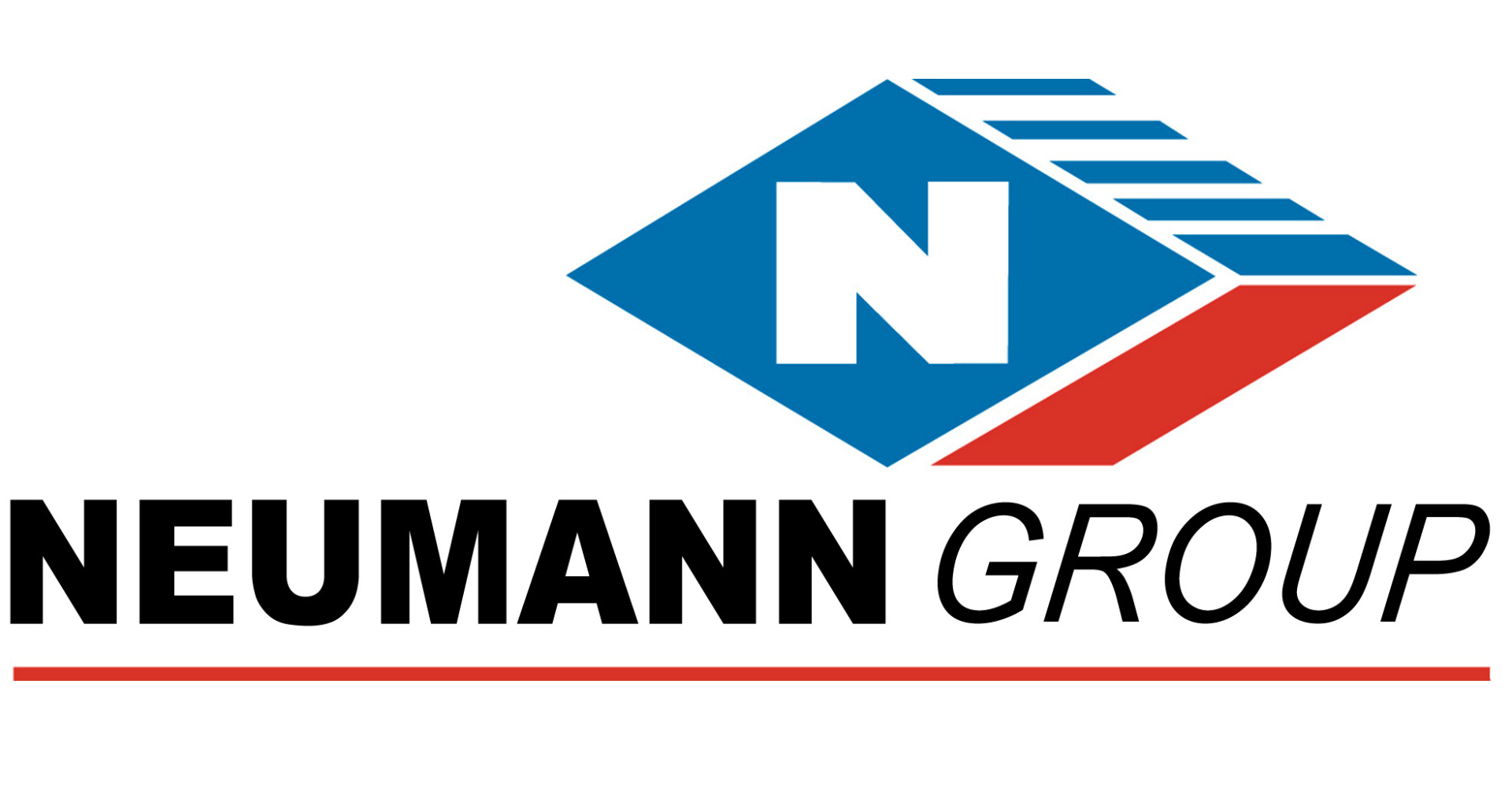



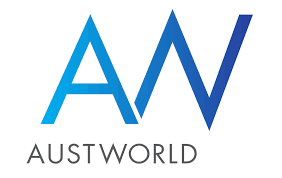

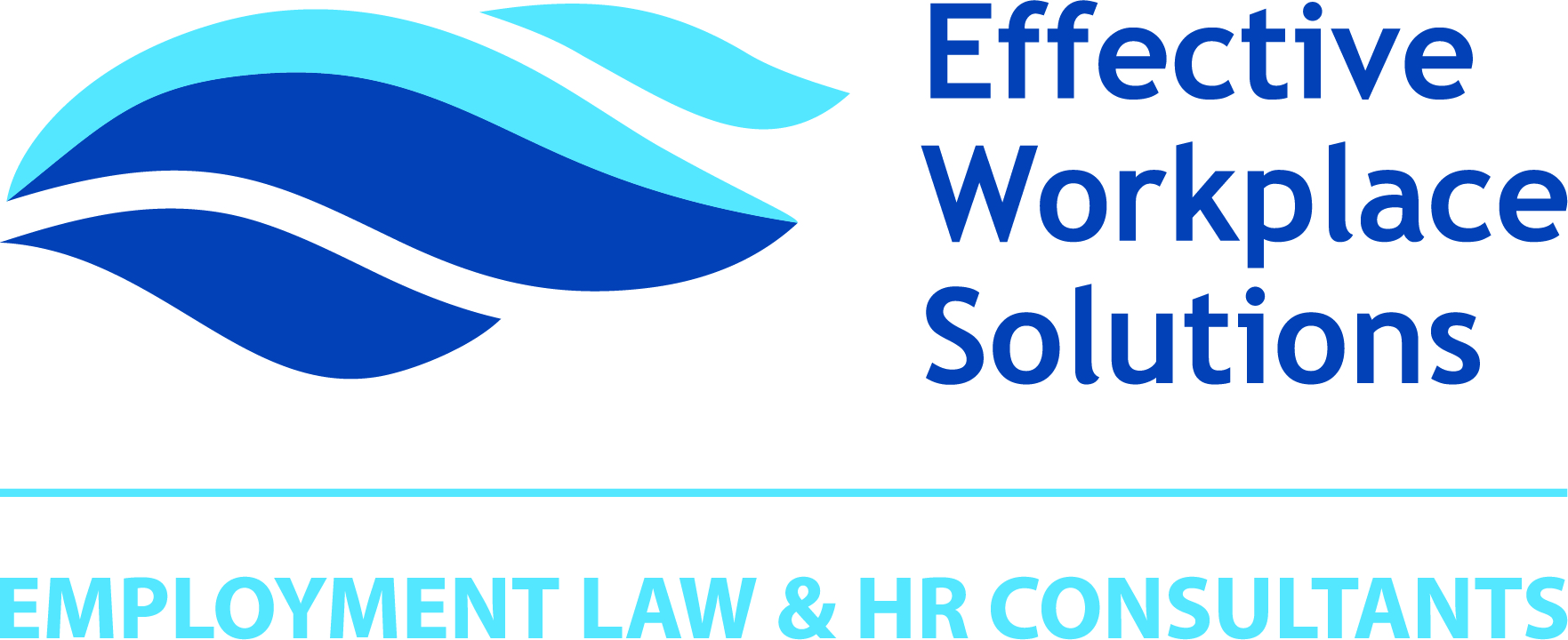



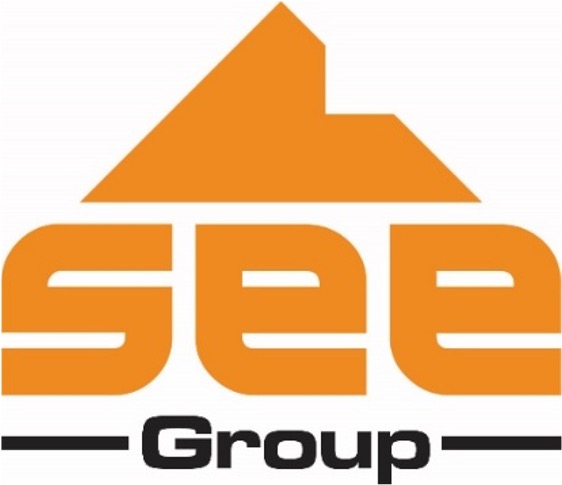


.jpg)

